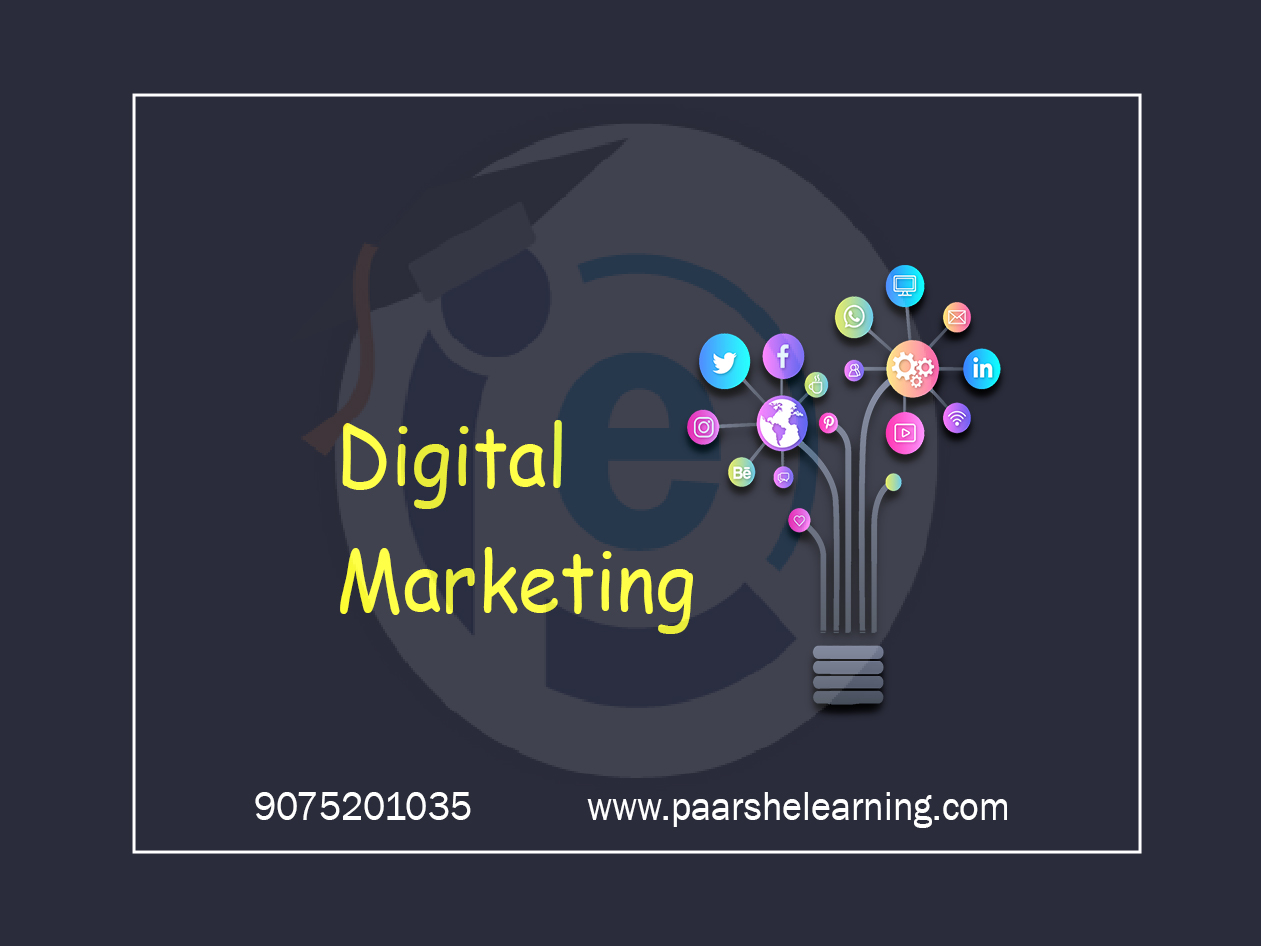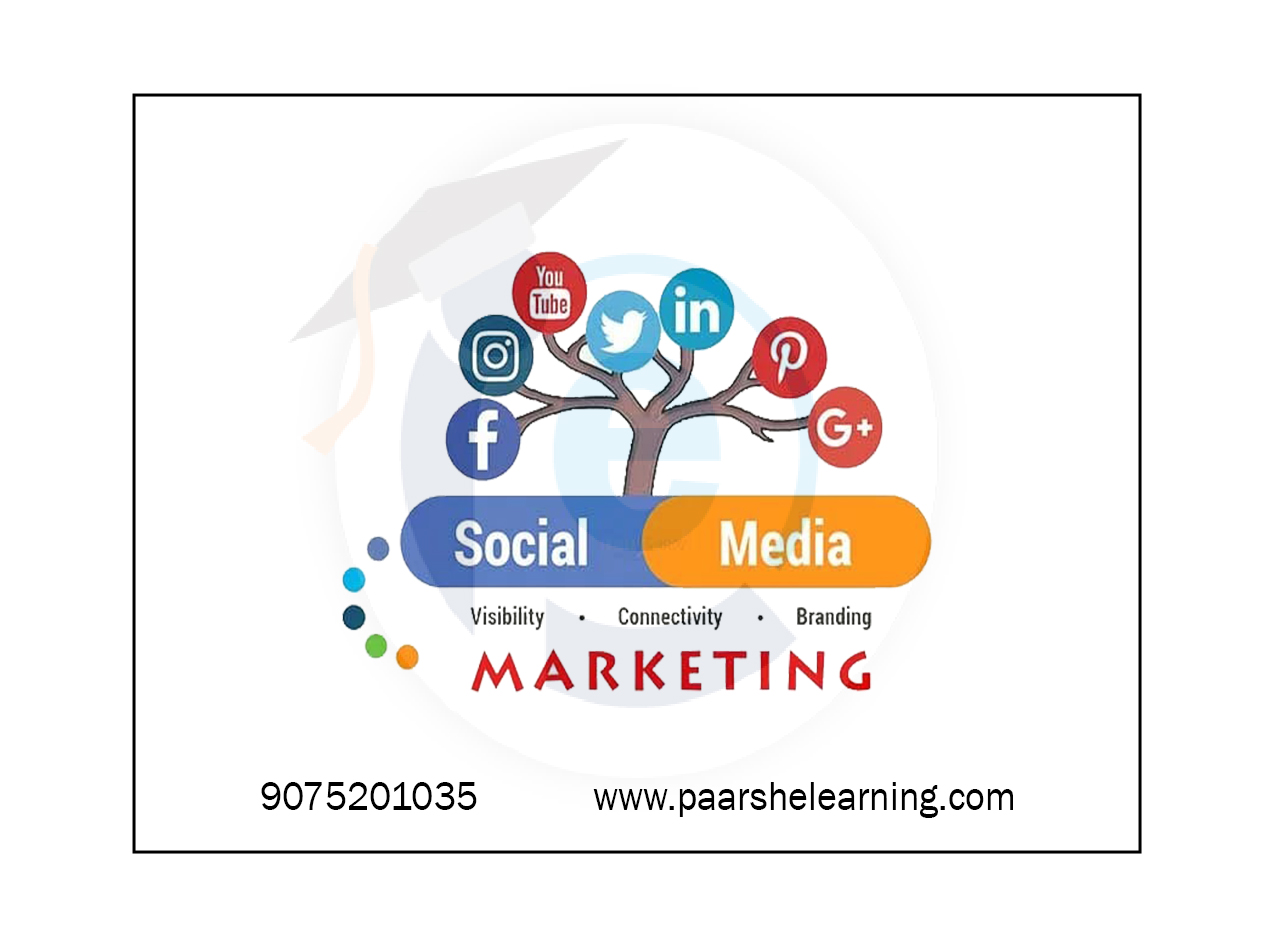- Digital Marketing Fundamentals: An introduction to the principles and basic concepts of digital marketing, including its benefits, key terminology, and industry trends.
- Search Engine Optimization (SEO): An in-depth exploration of the techniques and best practices used to optimize websites and content for search engines, including keyword research, on-page optimization, and link building.
- Pay-Per-Click (PPC) Advertising: An overview of the strategies and tactics used to create and manage paid search campaigns on platforms such as Google Ads and Bing Ads.
- Social Media Marketing: A comprehensive overview of the major social media platforms and how to use them for marketing purposes, including content creation, community management, and paid social advertising.
- Content Marketing: A deep dive into the strategies and tactics used to create and distribute high-quality content that attracts and engages target audiences.
- Email Marketing: A review of the techniques used to build and maintain email lists, create effective email campaigns, and measure the effectiveness of email marketing efforts.
- Analytics and Reporting: An introduction to the tools and techniques used to measure the performance of digital marketing campaigns, including web analytics, social media analytics, and reporting.
- Mobile Marketing: An overview of the techniques used to optimize digital marketing efforts for mobile devices, including mobile websites, mobile apps, SMS marketing, and mobile advertising.
Digital Marketing
Course description
Digital marketing refers to the use of digital channels, platforms, and technologies to promote products, services, or brands to reach and engage with target audiences. It involves various strategies and tactics that leverage the power of the internet and digital media to create awareness, drive traffic, generate leads, convert customers, and build customer relationships.
Digital marketing encompasses a wide range of activities, including but not limited to:
-
Search Engine Optimization (SEO): Optimizing websites and content to rank higher in search engine results pages (SERPs) and increase organic traffic.
-
Search Engine Marketing (SEM): Running paid advertisements on search engines to drive targeted traffic and increase visibility, commonly known as Pay-Per-Click (PPC) advertising.
-
Social Media Marketing (SMM): Creating and managing social media accounts and campaigns to engage with audiences, build brand awareness, and drive website traffic.
-
Content Marketing: Creating and distributing valuable and relevant content, such as blogs, videos, infographics, and ebooks, to attract and engage audiences and drive conversions.
-
Email Marketing: Sending targeted emails to a list of subscribers to promote products, services, or offers, and nurture customer relationships.
-
Influencer Marketing: Collaborating with influencers or popular personalities in a particular niche to promote products or services to their audiences.
-
Online Advertising: Running display ads, banner ads, or other forms of online advertising to increase brand visibility, drive traffic, and generate leads.
-
Website Design and Development: Creating user-friendly and visually appealing websites that are optimized for search engines and provide a seamless user experience.
-
Analytics and Reporting: Monitoring and analyzing data to measure the performance of digital marketing campaigns and making data-driven decisions to optimize strategies.
-
Mobile Marketing: Optimizing marketing efforts for mobile devices, such as mobile websites, mobile apps, SMS marketing, and mobile advertising.
Digital marketing is constantly evolving with new technologies, platforms, and strategies emerging regularly. It has become an essential part of the marketing mix for businesses of all sizes and industries, as it offers the potential to reach a global audience, target specific demographics, measure results, and achieve a high return on investment (ROI).
What you will learn from this course?
This course includes!
- Daily Live session
- Access on Mobile and TV
- Certificate of completion
- Recommendation Letter
- Free lifetime access
- Resume building sessions
- 100% Job Placement
This course is for
- Digital Marketing Manager: A professional responsible for planning, executing, and managing digital marketing campaigns across various channels and platforms.
- Students and recent graduates: Digital marketing courses can be valuable for students and recent graduates who are looking to start their careers in the marketing field or want to specialize in digital marketing. It can provide them with a solid foundation in digital marketing concepts and techniques, making them more employable in the industry.
- Career changers: Individuals who are looking to switch careers and enter the digital marketing field can benefit from a digital marketing course to gain the necessary skills and knowledge to transition into a new career path.
- Freelancers and consultants: Digital marketing courses can be useful for freelancers, consultants, and self-employed professionals who want to offer digital marketing services to clients. It can help them expand their service offerings, attract more clients, and deliver effective digital marketing campaigns.
- Anyone interested in digital marketing: Digital marketing courses are open to anyone who has an interest in digital marketing, regardless of their background or experience. Whether you're a hobbyist, a stay-at-home parent, or someone looking to gain digital marketing skills for personal projects, a digital marketing course can provide you with the knowledge and tools to achieve your goals.
Prerequisites for this course
- Basic computer skills: A digital marketing course typically involves working with online tools and software, so it's essential to have basic computer skills such as familiarity with word processing, internet browsing, and email.
- Understanding of marketing principles: A foundational understanding of marketing principles is useful for digital marketing course learning. Basic knowledge of marketing concepts such as segmentation, targeting, positioning, and the marketing mix can help you grasp digital marketing concepts and strategies more effectively.
- Strong communication skills: Digital marketing involves creating and delivering compelling content to target audiences. Strong communication skills, both written and verbal, are essential to succeed in digital marketing.
- Basic analytics skills: Digital marketing involves measuring the performance of marketing campaigns through web analytics and other tools. Familiarity with basic analytics concepts such as website traffic, click-through rates, and conversion rates can help you analyze digital marketing data effectively.
- Familiarity with social media platforms: Social media is a critical component of digital marketing. Familiarity with major social media platforms such as Facebook, Twitter, and LinkedIn can help you understand social media marketing concepts more effectively.
Digital Marketing Syllabus
-
Introduction To Digital Marketing
Understanding the importance and scope of digital marketing Key differences between traditional and digital marketing Overview of digital marketing channels and platforms Introduction to digital marketing strategies and goals
-
Website And Content Strategy
Building an effective website: design, layout, and user experience Importance of responsive and mobile-friendly design Creating valuable and engaging content Search engine optimization (SEO) basics for content optimization
-
Search Engine Optimization (seo)
Understanding the role of SEO in digital marketing On-page and off-page SEO techniques Keyword research and optimization SEO tools and analytics for tracking performance
-
Pay-per-click (ppc) Advertising
Introduction to PPC advertising and Google Ads Setting up and managing Google Ads campaigns Creating effective ad copies and targeting strategies Tracking and optimizing PPC campaigns for better ROI
-
Social Media Marketing
Exploring different social media platforms for marketing Creating a social media strategy and content calendar Engaging with audiences through posts, stories, and live videos Analyzing social media metrics and insights
-
Email Marketing And Marketing Automation
Understanding the role of email marketing in digital campaigns Building and growing an email subscriber list Crafting effective email campaigns and newsletters Introduction to marketing automation tools and workflows
-
Content Marketing And Influencer Marketing
Strategies for creating and promoting valuable content Using content marketing to drive brand awareness and leads Leveraging influencer partnerships for brand promotion Measuring the effectiveness of content marketing campaigns
-
Analytics And Reporting In Digital Marketing
Importance of data-driven decision making in digital marketing Setting up Google Analytics for website tracking Analyzing key metrics, conversion rates, and user behavior Creating comprehensive reports to measure campaign success
-
Paarsh E-Learning encourages hands-on practice, assignments, and projects throughout the course to reinforce students' understanding of digital marketing concepts. Assign projects that allow students to create and execute digital marketing campaigns. Cover both theoretical concepts and practical applications to provide a well-rounded learning experience.


